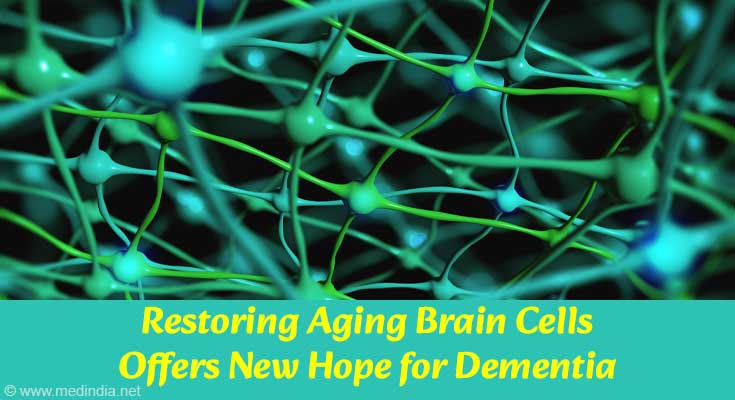New brain metabolism insights reveal potential dementia treatments.
- Advanced brain simulation reveals new dementia treatment targets
- Restoring aging cells may slow or reverse cognitive decline
- Precision medicine could offer personalized dementia therapies
Deep Brain Stimulation: A Potential Treatment for Dementia in Alzheimer's Disease (AD) and Parkinson's Disease Dementia (PDD)
Go to source).
Cutting-edge brain simulations may lead to dementia breakthroughs! #DementiaResearch #BrainHealth #medindia’
How Brain Metabolism Influences Dementia
Our brain is a metabolic powerhouse that constantly uses energy to maintain its functions. As we age, changes in brain metabolism can lead to the gradual decline in cognitive abilities, ultimately contributing to conditions likeThe new simulation replicates the biochemical interactions within brain cells, focusing on how energy production, oxidative stress, and inflammation interact over time. It reveals that disruptions in mitochondrial function (the cell's energy centers) may accelerate the loss of neuronal connections. This insight is crucial as it identifies potential intervention points where treatments could restore normal metabolic balance and protect brain cells from further damage.
New Targets for Future Treatments
One of the most exciting outcomes of this research is the identification of novel molecular targets (specific points in cells that treatments can act on). The simulation highlights specific enzymes and pathways that are altered in the aging brain. These targets, once modulated, might restore metabolic function and improve the health of neurons.
Restoring Aging Brain Cells
The research suggests that by focusing on these new targets, it may be possible to restore the function of aging brain cells. Preliminary laboratory experiments have already shown that modifying these metabolic pathways can lead to increased neuronal synapse formation and reduced markers of inflammation in cell cultures. These findings open the door to developing drugs that specifically address the metabolic dysfunction seen in dementia patients.
Potential for Clinical Impact
While this work is still in its early stages, the implications are profound. By targeting the metabolic causes of dementia, future treatments could slow or even reverse cognitive decline. This approach offers a significant shift from current therapies, which primarily focus on managing symptoms rather than addressing the root cause of neuronal degradation. According to the National Institute on Aging (NIA), understanding brain metabolism is essential for developing interventions that could one day transform dementia care.
Benefits of Advanced Simulation Technology
The simulation model used in this study offers several advantages:- It provides a detailed map of brain metabolic pathways, highlighting specific targets for drug development.
- It allows for rapid testing of potential compounds in a virtual environment before moving to laboratory experiments.
- It offers insights that could lead to personalized treatment strategies, tailored to the metabolic profile of individual patients.
Prioritize brain health—stay informed and support groundbreaking research for a brighter, healthier future.
References:
- Deep Brain Stimulation: A Potential Treatment for Dementia in Alzheimer's Disease (AD) and Parkinson's Disease Dementia (PDD) - (https://pmc.ncbi.nlm.nih.gov/articles/PMC5986883/)
- Key players in brain aging: New research identifies age-related damage on a cellular level - (https://www.sciencedaily.com/releases/2025/01/250101132040.htm)
Source-Medindia
















